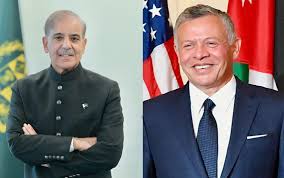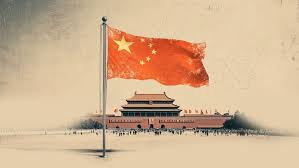Pakistan to start exporting boiled meat to China soon: Commercial Councilor

Beijing: With a huge potential to export meat, Pakistan is all set to start exporting boiled meat to the Chinese market in the near future, Commercial Councilor, Pakistan Embassy, Beijing said on Saturday.
“China had agreed to import meat from Pakistan during Prime Minister Shehbaz Sharif’s visit to Beijing in November last. Now, both sides are in the process of exchanging documents and hopefully, the agreement would be implemented in a month,” he told APP.
He informed that before it’s export, the meat will be boiled up to 70 degrees centigrade to make it the foot and mouth disease (FMD) free.
“Three processing plants of Fauji, Tata and Green set up in Karachi have already been approved by the concerned authorities of China. These plants have good reputation and capacity”, he added.
Abdul Qadir stressed a need to work on the value chain and adopt corporate forming to enhance quality to increase its exports.
The potential investors in Pakistan should utilize modern techniques and improve processing facilities to grab this opportunity, he added.
Responding to a question, he said that Pakistan’s current meat export is about 66,000 tons annually but the Chinese market’s demand is huge.
He informed that one Chinese company has a plan to import 50,000 tons of meat but we don’t want to see a shortage of beef or high prices of this food item in Pakistan.
The commercial councillor opined that Pakistan could increase meat production through investment, technology and corporate forming.
According to an export, Pakistan’s fruits, vegetables and meat meet international export standards.
Data shows that Pakistan’s exports to China are improving gradually.
The livestock population that currently existed in Pakistan is for dual purposes, dairy and meat, whereas competing livestock exporting economies have developed different breeds for dairy and meat purposes.
The export of meat would play a key role in achieving Pakistan’s export target of US$10 billion to China in future.





